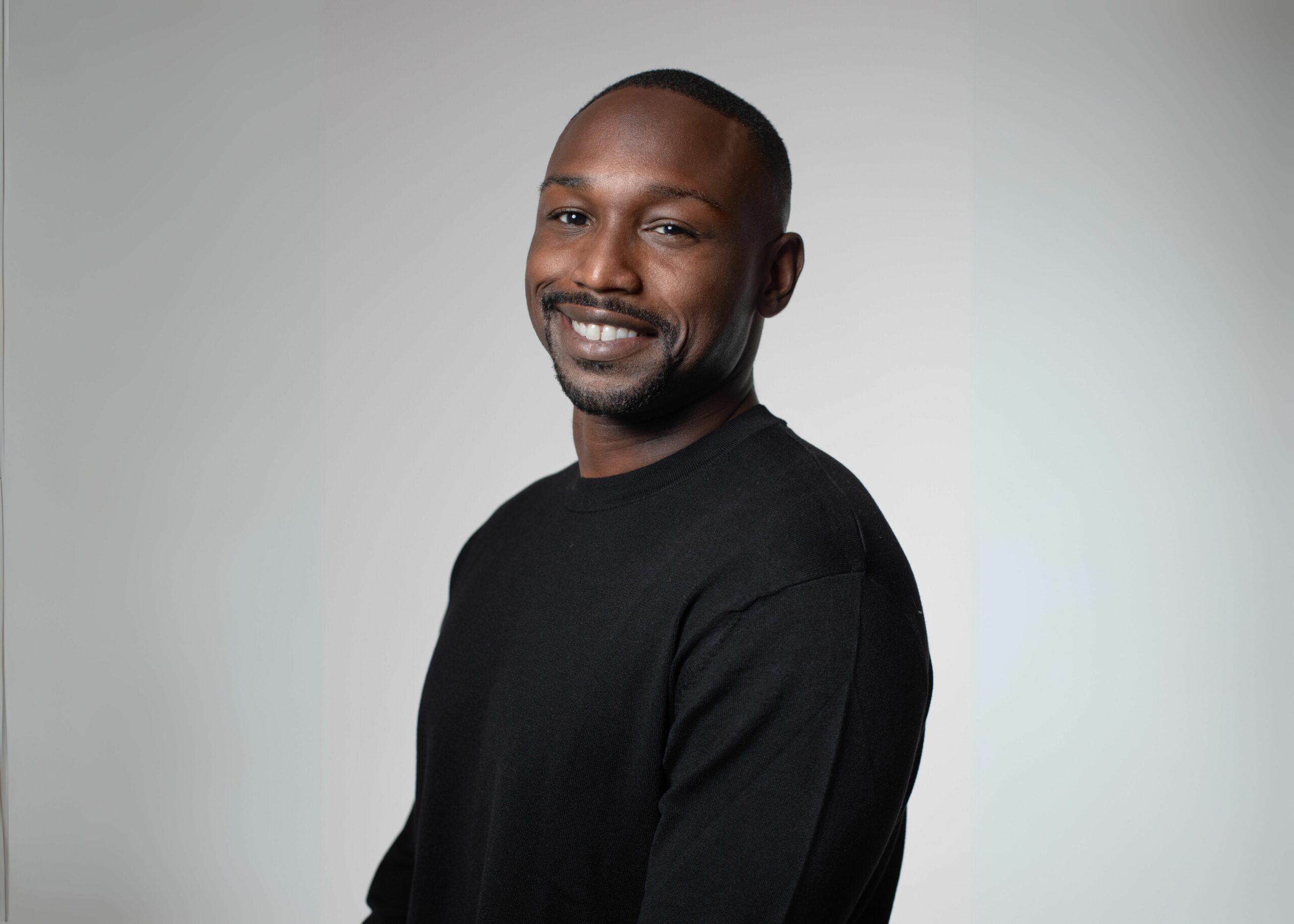This Viewpoint is part of an ongoing series, “Building a brighter future: Big ideas for postsecondary education.” In this series, we ask innovators what could make a difference to learners in 2021 and beyond.
Ben Nelson is the founder of Minerva. Prior to Minerva, he spent over 10 years at Snapfish, where he served as CEO and led the company’s sale to Hewlett Packard.
***
The idea of a student-centered university has reached the point of cliché, but the meaning behind the idea has become warped. Being student-centered has come to mean being student-directed, with universities treating students like pampered consumers. By catering to student demands and desires, universities seem to have forgotten what their true goals are, and what the purpose of higher education really is.
Some argue that higher education is in service of preparing graduates for success in specific careers. Others contend that universities should enable the pursuit of knowledge for its own sake. Where the former goal may have been legitimate for the industrial age, when individuals pursued a single, lifelong career, the latter is the relic of a time when higher learning was the exclusive domain of an elite class, whose station in life ensured they would never need to pursue a career at all.
At Minerva, we champion a third path, a view proposed by Benjamin Franklin and Thomas Jefferson more than two centuries ago. Their view advocates useful or “practical” knowledge as the most important component for enabling a free and dynamic society. Practical knowledge can be applied broadly in whatever situation one may encounter. These Founding Fathers were themselves exemplars of the modern citizen: one a publisher who became a scientist, proceeding on to be a diplomat and politician, the other a lawyer and amateur architect, who later became a practical philosopher and U.S. President. But to be able to effectively traverse such disparate fields, both needed the capacity to apply knowledge appropriately in multiple contexts.
While few today are as accomplished as Franklin or Jefferson, we live in a modern and dynamic world even more demanding than anything they could have envisioned. At Minerva, we believe that it is imperative for universities to intentionally and explicitly create curricula that teaches independent thinking and provides frameworks for ethical decision-making and responsible leadership.
One need only review the courses offered to fulfill distribution requirements to see that our most respected institutions of higher learning almost universally fail to do this. A student’s ability to pass exams that measure recall or even the interpretation of information is not a demonstration of true understanding.
Students need to develop the wisdom to adapt knowledge to new contexts, to transfer it across domains. Society can no longer sustain the mass delusion that ethical reasoning, personal responsibility, and civic duty are consistently learned at home, on the job, or acquired as a byproduct of a traditional four-year degree.
We must hold our institutions of higher learning to account, demanding that they retrain their focus on intentional education, on the production of rational and critical thinkers, on the measurable development of the kind of wisdom Franklin and Jefferson espoused and embodied.
The Charles Koch Foundation partners with social entrepreneurs to drive societal progress through academic research and innovations that help all learners realize their potential. Read more about the Foundation’s support for education.











